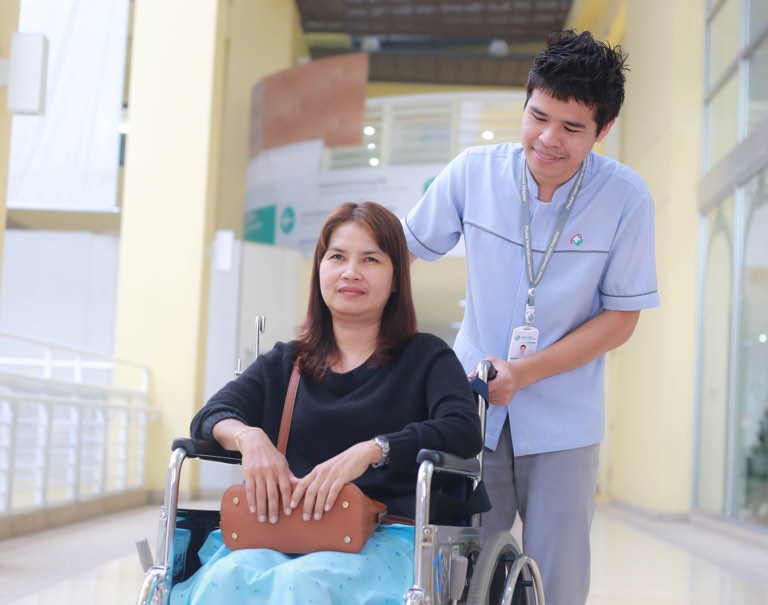Medical emergencies can strike at any time and often occur when you least expect them. Although it may be impossible to anticipate them, taking a few extra precautions and arming yourself with basic knowledge can help immeasurably in the event of a crisis. Read these simple steps now so that you don’t need to stop and think when time is of the essence.
Know what constitutes an emergency
If someone around you is experiencing any of the following, seek help immediately:
- Difficulty breathing
- Vomiting or coughing blood
- Loss of consciousness
- Uncontrolled bleeding
- Blurred vision and sudden dizziness
- Chest pains
- Extreme abdominal pain
- Confusion, unusual behavior, or an unexplained change in mental status
- Sudden weakness
In addition, if someone has ingested a poisonous substance, been involved in an automobile or motorcycle accident, experienced a severe burn, suffered from a head or spine injury, or is expressing suicidal or homicidal thoughts, you must intervene and seek medical attention.
Stay calm
As challenging as it may be under pressure, it is vital to keep a level head and avoid panicking in an emergency situation. Take a deep breath and focus on the task at hand: contacting medical professionals.
Always know the quickest route to and the number of the nearest emergency facility
When the time comes, you want to be ready. Keep a list of the numbers of the poison control centre, the police department, your doctor’s phone numbers, and the numbers of several major hospital facilities in your wallet at all times and know the locations of major hospitals around town.

Have your medical history ready
Keep a file on your emergency medical information in an easy-to-grab folder and make sure your friends and family members know where to find it. Do the same for any friends or family members you live with. Any information about allergies and health history can help doctors make informed decisions during time-sensitive medical interventions.
Be prepared to administer CPR
By becoming certified in CPR, or cardiopulmonary resuscitation, you might be able to save a life in the event of a crisis. If the individual in question is not breathing, administering CPR could buy them extra time until the paramedics arrive.
If possible, keep the victim conscious
In the event that the victim has suffered a concussion, try to keep them conscious while you wait for medical help to arrive.
Call an ambulance or rush to the ER
Depending on the severity of the situation, you will need to gauge whether or not to call an ambulance or rush to the ER. If the person in question may have a neck or spinal injury, it is imperative not to move their body and you should call an ambulance immediately. If you suspect that the victim’s life may be in danger and could deteriorate while stuck in Thai traffic, call an ambulance.
